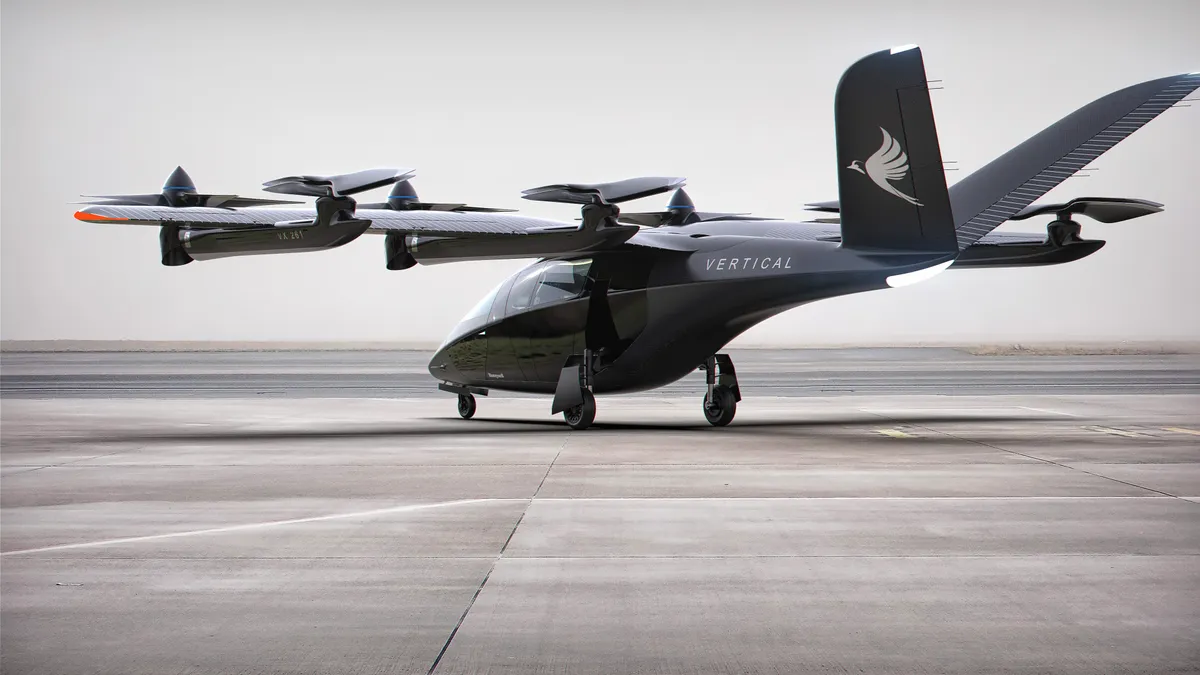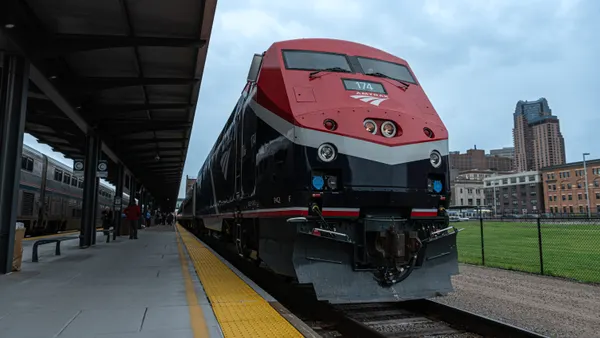Speaking at a luncheon on Nov. 17, acting Federal Aviation Administrator Billy Nolen said the agency would have an implementation plan for air taxis, also known as eVTOL aircraft, by next May that will keep up with the rapidly-growing urban air mobility industry.
“We know that when the Los Angeles Olympics get underway in 2028, air taxis will be in high demand,” Nolen said. “We may see some of them in the years leading up, but nowhere near the scale in 2028. All of these Advanced Air Mobility companies will expect to be there.”
The industry made major strides this year. In July, American Airlines committed to prepay for 50 eVTOL aircraft from Vertical Aerospace, while United Airlines and Archer Aviation announced plans to fly between Newark Liberty International Airport in New Jersey and the Downtown Manhattan Heliport beginning in 2025. And this month, Archer debuted the production version of its eVTOL aircraft at an event in Palo Alto, California.
According to a Deloitte report issued in June, these aircraft could become common in the 2030s, providing air taxi service within and between cities.
Nolen also told the Aero Club audience at the luncheon in Washington, D.C. that, along with managing the existing national airspace systems, the FAA is also managing the future airspace system, “Which we need for space vehicles, drones, air taxis and whatever comes at us next.”
An FAA spokesman said in an email that the agency doesn’t “have anything to offer” beyond what Nolen said in his remarks.
On Nov. 21, the FAA proposed to update its air carrier definition to apply the appropriate requirements of commercial air carriers to eVTOL operations. The FAA plans to require eVTOL pilots to be rated to operate powered-lift vehicles. The FAA defines powered lift as “a heavier-than-air aircraft capable of vertical takeoff, vertical landing, and low-speed flight” that uses engines for liftoff and wings for lift during horizontal flight.
Congress is also taking notice of the rapid development of the air taxi industry. This summer, the House of Representatives passed a bipartisan bill establishing a two-year pilot program investing $25 million in competitive grants for state, local and tribal governments to develop and deploy the infrastructure needed for eVTOL operations.
National Association of Counties Executive Director Matthew Chase said in a press release, “This bill will support county governments’ ability to connect people and places and expand access to vital services, especially in underserved and rural areas.” The Senate has not acted on the bill.













